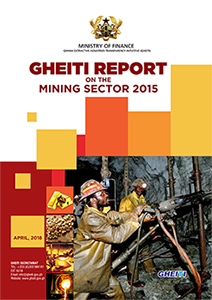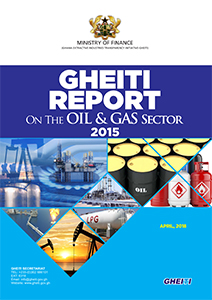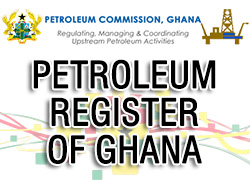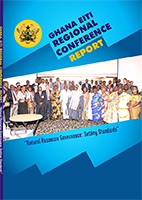| RULES OF PROCEDURE FOR THE GHANA EXTRACTIVE INDUSTRIES TRANSPARENCY INITIATIVE (GHEITI) MULTI-STAKEHOLDER GROUP (MSG) |
 |
 |
 |
|
Page 1 of 6 Background The Extractive Industries Transparency Initiative (EITI) is a global standard that promotes revenue transparency and accountability in the oil and gas and mining sectors. It is an international initiative between governments, companies and civil society groups to promote transparency in the flow of revenues from extractive companies to host country governments based on a set of criteria for transparent reporting on the revenue streams and other benefits. It has a robust yet flexible methodology for disclosing and reconciling company payments and government revenues in EITI implementing countries. The purpose of the initiative is to encourage greater transparency in the extractive sector. This would enable citizens to make informed demands for the fair and sustainable use of revenues generated through the exploitation of natural resources. It is expected that accountable governments and informed public will contribute to greater political stability, increased security in mining communities and improved investment climate.
Ghana signed on to the Extractive Industries Transparency Initiative in 2003 and has since been implementing the Standard. The implementation of the EITI started with the mining sector and extended to the oil and gas sector in September, 2010. The Ghana version of the initiative is called the Ghana Extractive Industries Transparency Initiative (GHEITI). A twenty (20) member National Steering Committee (NSC) made up of representatives from government, mining and oil and gas companies, Civil Society organizations have oversight responsibility over the activities of the initiative.
|










